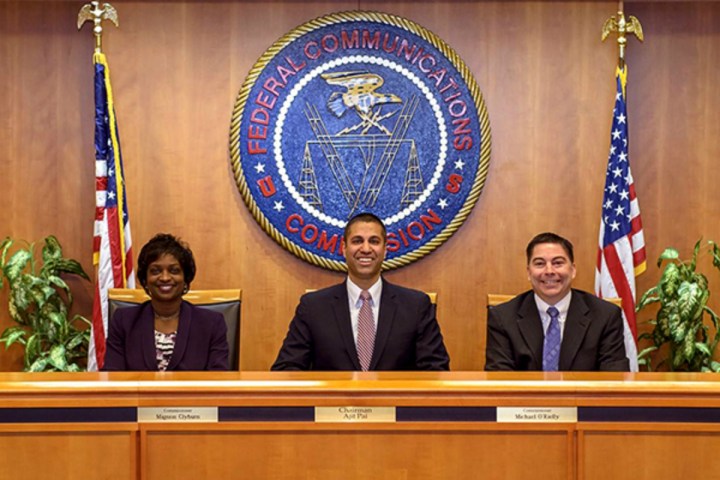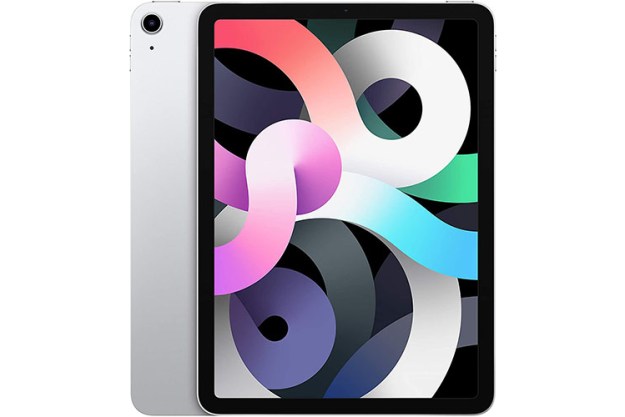
At the heart of Pai decision is a change to how companies can be approved to participate in the Lifeline program with regard to broadband services. This change basically reverses a change from 2016 that would have expanded approvals from the states to include the FCC, Ars Technica reports.
Lifeline is a federal program that provides a $9.25 per month subsidy to low-income citizens that can be applied toward telecommunications and broadband services. Not just any telecom or broadband company can participate in the program, however. Approval must be granted first, which was originally provided on a state-by-state basis. A March 2016 rule changed that process, adding the FCC itself as an “additional alternative.”
As the FCC stated when passing that rule change, “This action preserves states’ authority to designate ETCs [eligible telecommunications carriers] to receive Lifeline reimbursement for qualifying voice and/or broadband services, while adding to that structure the option for carriers to seek designation as Lifeline Broadband Providers through the FCC.” This change allowed companies to avoid getting approval from every state that they served.
A total of nine broadband providers were granted approval by the FCC under the new rules, which Pai rescinded earlier this year. In addition, 36 approvals are pending FCC approval and Pai opposes those as well. That would leave 259 out of the more than 900 Lifeline providers who are offering subsidized broadband services, and those same companies provide service to 99.6 percent of those customer receiving a broadband subsidy. The immediate impact is therefore on the remaining 0.4 percent who will need to find another approved provider or lose subsidized broadband services.
Unsurprisingly, there is significant opposition to the rule change. Mignon Clyburn an FCC commissioner and a Democrat, asserted that the result will be fewer choices for low-income Americans in selecting a subsidized broadband provider. “While today’s announcement is not surprising, it is nonetheless deeply disappointing,” Clyburn stated.
Pai counters that argument by alleging significant fraud in the Lifeline program. While the FCC’s March 2016 rule created a national eligibility verifier to help avoid fraud, Pai asserts that the states remain the proper agents for keeping the program clean. For now, at least, it’s with those same states that Lifeline broadband approvals will remain.


